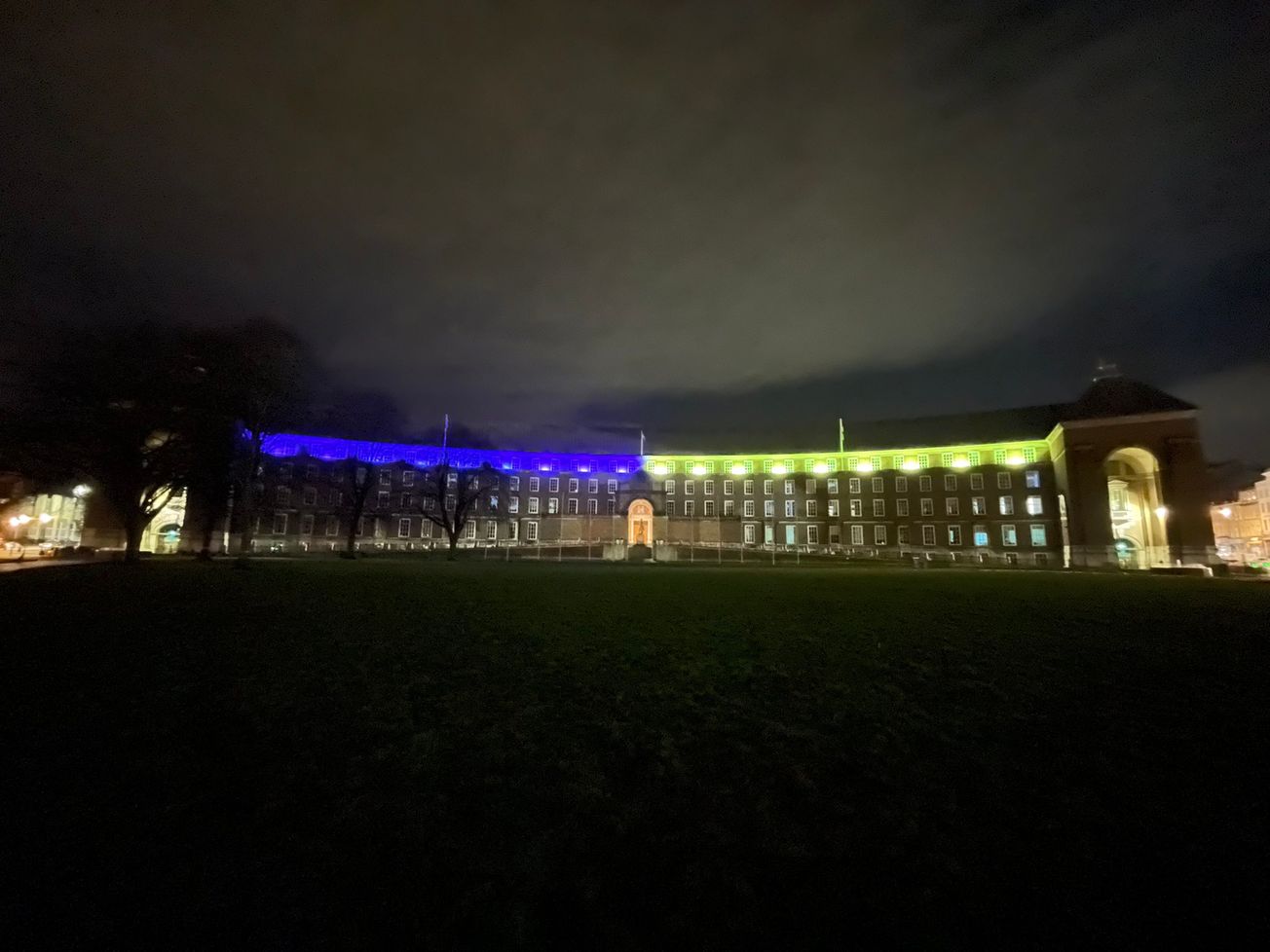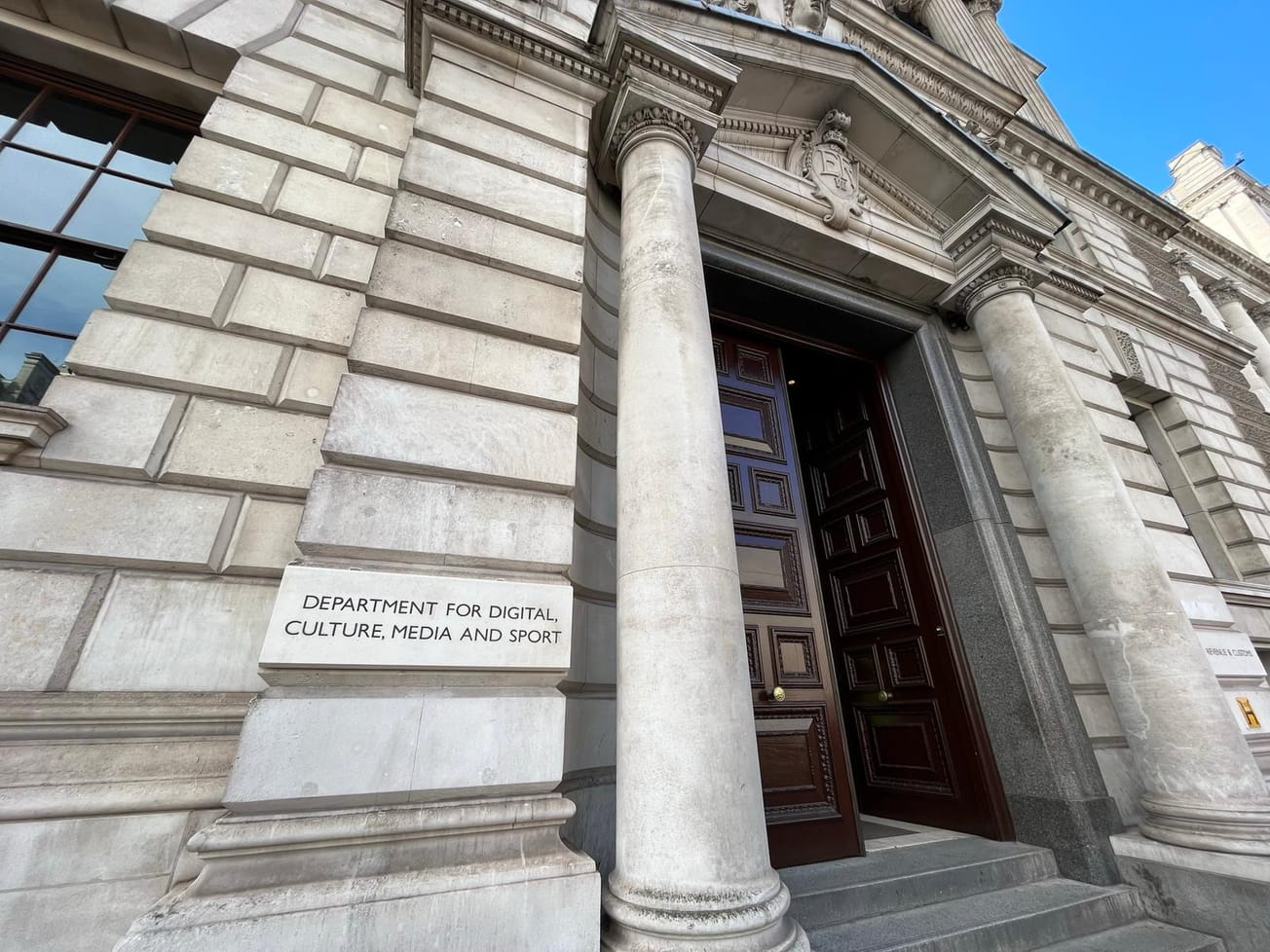Alice Padgett, Head of News at UBTV
As Ukraine declares a state of emergency, most University of Bristol students read the international news with a distant gaze. We watch as the UK has ordered sanctions against Russia and a potential invasion force gathers at the Ukrainian border. For Eastern European students, the current tensions between Russia and Ukraine feel very close to home.
One must wonder how Ukrainian students at Bristol feel with an invasion at their doorstep, whilst Eastern European students, with their parents’ memories in mind, watch as Russia pushes into Europe once more. For many so far from home, an attempt on their country’s sovereignty by Russia feels like a very real and tangible threat.The first question that comes to mind is that if the potential invasion worries these students.
Ukrainian student Kirill Delikatnyi is certainly worried about his home. Being from Kyiv, he tells me about the crisis he remembers his country enduring in 2014 and his parents’ involvement with the integration of Ukraine into the EU.
A wonderful display of solidarity with Ukraine at City Hall tonight. 🇺🇦 pic.twitter.com/FXS1vptWNC
— Martin Booth (@beardedjourno) February 27, 2022
And as Russian aggression has increased in recent months, he closely monitors the situation and worries for his parents’ safety. Kirill says, ‘My parents tell me that there are already queues in the gun shop’ and that the mood has certainly shifted in Kyiv.
Tomas Tokovyi’s family live a short distance from Kyiv in Bila Tserkva, where they are ‘all incredibly worried’ about the events thus far.
Estonian student Klaara Kraavi expresses anger and frustration at the ‘conflict and loss the Ukrainians have had to endure’, especially considering that Estonia and Ukraine have a shared Soviet past.
Her primary concern is seeing a similar expansionist rhetoric extended to Estonia. She explains how many of her family grew up in the Soviet Union, and Estonian independence was not a distant memory, so the threat of Putin’s European expansion looms large.
‘Ukraine will emerge from this not only victorious, but with a massive support from all over the globe’.
Similarly, Polish student Omar Suleiman is worried as ‘historically we’ve not been treated kindly by the Russians’, referencing recent generation’s memories of the state-sanctioned violence inflicted by the Soviet Union.
Listening to these students, it’s obvious that Eastern European students find the imminent invasion anxiety inducing.
These students are very aware of the impact at home. Kirill says he noticed the economic impacts on Ukraine first, as flights were grounded, embassies evacuated, and tourist numbers dropped in his hometown of Kyiv.
Tokovyi notes the conflict is going to be ‘incredibly damaging for the economy,' whilst Suleiman worries about the gas and oil supply to Poland and speculates that there could be another migration crisis, with Ukrainian refugees potentially seeking sanctuary in Poland.
Amid this uncertainty, fear, and distance from home, these students had an unexpected feeling of hope. Kirill asserts that Ukrainians have ‘kept a cool head about this’, which ultimately ‘breaks one of Putin’s main plans: to discourage opposition.'
I’m co-organising a Solidarity march to demonstrate that Bristol stands with Ukraine. This must foreground Ukrainian voices to show the world what it’s like for Ukrainians in the UK. If you’re Ukrainian in Bristol and want to get involved, DM/email #BristolSolidarityWithUkraine pic.twitter.com/c4v3gAvQzo
— Daisy Steinhardt (@mslacewing45) February 25, 2022
The patriotism for his country resounds throughout our interview as he believes that ‘Ukraine will emerge from this not only victorious, but with a massive support from all over the globe’.
Tokovyi echoes this patriotism, as he ends his interview with confidence in his people, and their ability ‘to defend their own country,' seeing the conflict as an event to unite Ukrainians.
Kraavi and Suleiman share their faith in the international community protecting their countries from Russian expansion with the latter claiming, ‘I don’t think Russia would be stupid enough to invade Poland’ as it would surely provoke a European response.
It is incredibly hard to predict the outcome of this conflict. Although, students interviewed share one uniting perspective - the international community will not abandon Ukraine, or any other Eastern European nation.
We can extend this sentiment throughout the student-body, by checking on our Eastern European peers. In Tokovyi’s words, ‘the least […] the University of Bristol can do is to spread the word about the situation’ in Ukraine.
Concern as University of Bristol continues to use teaching material of lecturer after their passing
The ongoing legal case of Raquel Rosario Sanchez and the University of Bristol
In a recent statement released by Bristol SU, the International Students Officer, Muazam Tahir, said; 'Our thoughts are with any of our students who have been affected by the escalating conflict between Russia and Ukraine.'
'I am mindful that there may also be students with connections to both countries who have also been affected and am working with the University to make sure that they receive the support they need.'
Tahir has also urged students affected by the ongoing conflict in Ukraine to reach out and contact the University's wellbeing team, as well as reaching out to personal tutors and student services on students-services@bristol.ac.uk for any practical concerns.
Featured Image: Martin Booth / Bristol 24/7
How do you think the University can support students affected by the conflict in Ukraine?









